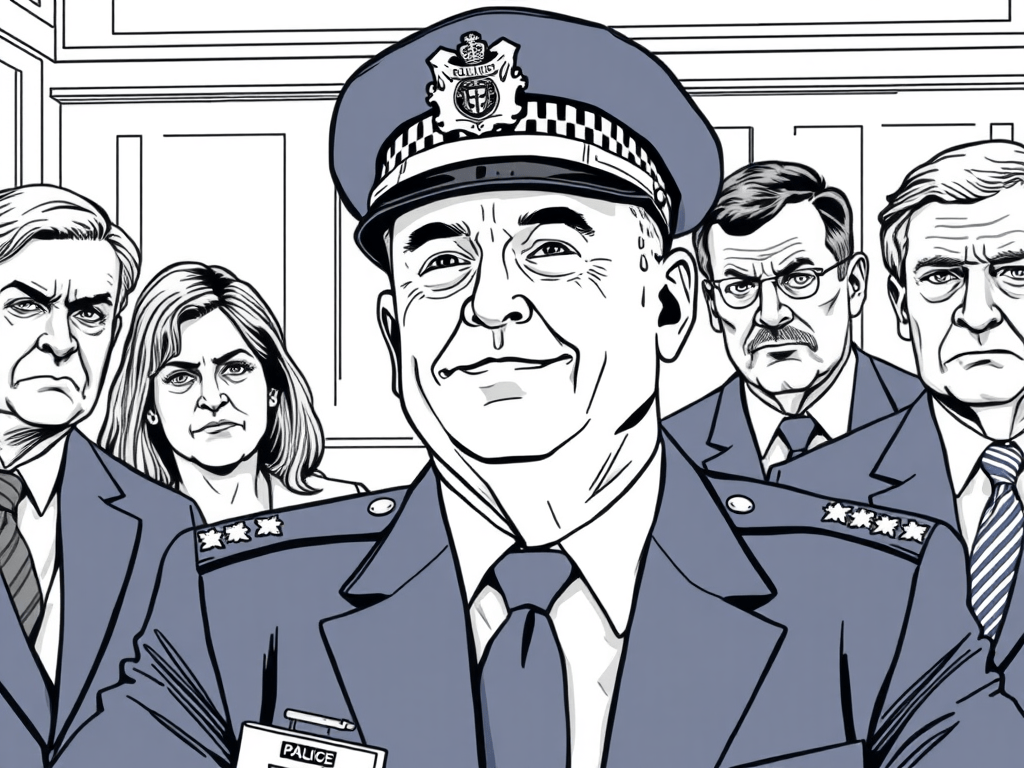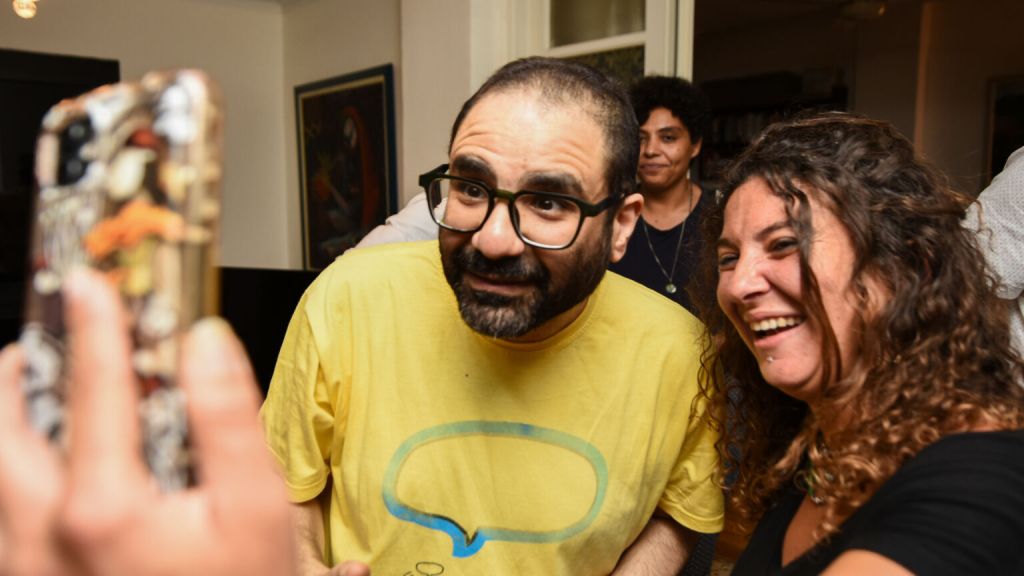Democracy does not determine right and wrong. Democratic outcomes are not necessarily correct. If you live in an unfettered democracy like that of the United Kingdom, you will often find yourself on the wrong side of majority decisions that are misguided at best and quite often wicked. Classical liberals must be careful of crowing about "the will of the People" when they find themselves on the right side of a vote, because we are far more often on the wrong side.
Opinion polls suggest that relatively few Britons support free-market economics, freedom of expression or even (apart from their own) private property. A majority of "Conservative" voters, for example, seem to support Labour's new policy of issuing unpaid-for shares to employees and appointing trade-union directors to company boards. Those shares will not be "free." Their issue will dilute the value of existing shares. The value they represent will have been taken by force from the company's owners. Also, when investors find companies with employee shareholders less attractive, the value of the company will be further reduced. Appointing employees whose interests conflict with theirs will have negative consequences to the shareholders who own those companies. If they wanted such directors, they could have appointed them at any time. It is said that Labour intends to have employee directors trained by the Leftists of the Trade Union movement, so they will (like the party under its current leadership) be hostile to the very concept of capitalism.
No amount of democratic perfume can make such theft and economic vandalism fragrant. It's immoral. It's wrong. And yet the national debate is not about ethics but practicalities. If a mugger steals your watch at gunpoint, you don't reserve judgement on the morality of his actions until you know what motivated his crime or what it will do to the reputation of the neighbourhood. Yet, when the BBC news reported on Labour's new policy, its "expert" merely commented that Britain's status as one of the world's top destinations for Foreign Direct Investment (FDI) may be adversely affected. The rights of pensioners, life assurance policy-holders or people like me living in retirement on my investments count for nothing – unless we are foreigners with other choices who might take our money elsewhere.
A democratic vote is not a sacrament. It is just an alternative to violence as a way of settling societal differences. When we are on its losing side, we had best remind ourselves of that. To oppose a democratic outcome is to encourage a return to violence. That is what the Remainers in Parliament are risking. I was for Leave but if the vote had gone the other way I would have respected it. Our unity as a nation is more important to me than having my own way – even on a subject as to which I have been passionate, angry and frustrated for decades. It seems I was naive. Neither the unity of our nation nor favouring non-violent ways to resolve disagreements means anything to some prominent Remainers.
My grandfather returned from his military service in World War II as a cripple. His country's reward was to "nationalise" (i.e. confiscate) the trucking business he and his brothers had built pre-war with their own sweat and their savings from working as boys, teenagers and young men down a coal mine. Elected on a manifesto that promised the "nationalisation," the Labour government had appointed the only local valuer they could find who was a party member to fix compensation as low as possible. Successive governments then took decades to pay it, in ever more debased coin as inflation eroded the already-rigged value. I asked him years later how that had felt. He told me this.
My friends and some of my family voted for it. Labour people sincerely believed the government could run my business better than I could. I knew they were wrong and time proved me right but at the time what was I to do? I could have been angry with my neighbours and miserable for the rest of my life. Or I could accept the democratic vote, get on with my life and do the best I could.
I loved, admired and (for all his faults) respected my grandfather. Never more so than at that moment.
This week I visited the "I Object" exhibition at the British Museum co-curated by Ian Hislop, the editor of Private Eye. His co-curator Tom Huckenhall talked me and other members through the displays at a private viewing. One of the subversive pieces is an image of Egypt's last Pharaoh, Queen Cleopatra, copulating with a crocodile. Tom commented that "sexual slander" has always been used as a political weapon. Interestingly he also said that this was one of several pieces in the exhibition that had not been created by or for dissidents but had instead been commissioned by a political opponent. It was part of a slanderous campaign by Octavian (later Caesar Augustus) to strengthen his claim to be Emperor over that of Cleopatra's lover, Antony.
I cannot have been the only person present who thought of the US Democratic Party's campaign to discredit Brett Kavanaugh, President Trump's nominee to the Supreme Court. Sexual slander is indeed a potent political weapon, now as in 30BC. Its being perpetrated by democratically-elected politicians does not make it any less vile and rotten than when committed by a would-be tyrant of the ancient world. As I watch my beloved America torn apart by a politically-motivated sham as far from the truths so self-evident to the Founding Fathers as could be conceived, I remind myself again that democracy is not an ethic. It's just a very human, practical but flawed device to avoid violence.
It is not, has never been and never will be a means to divine truth, justice or morality.








Leave a comment